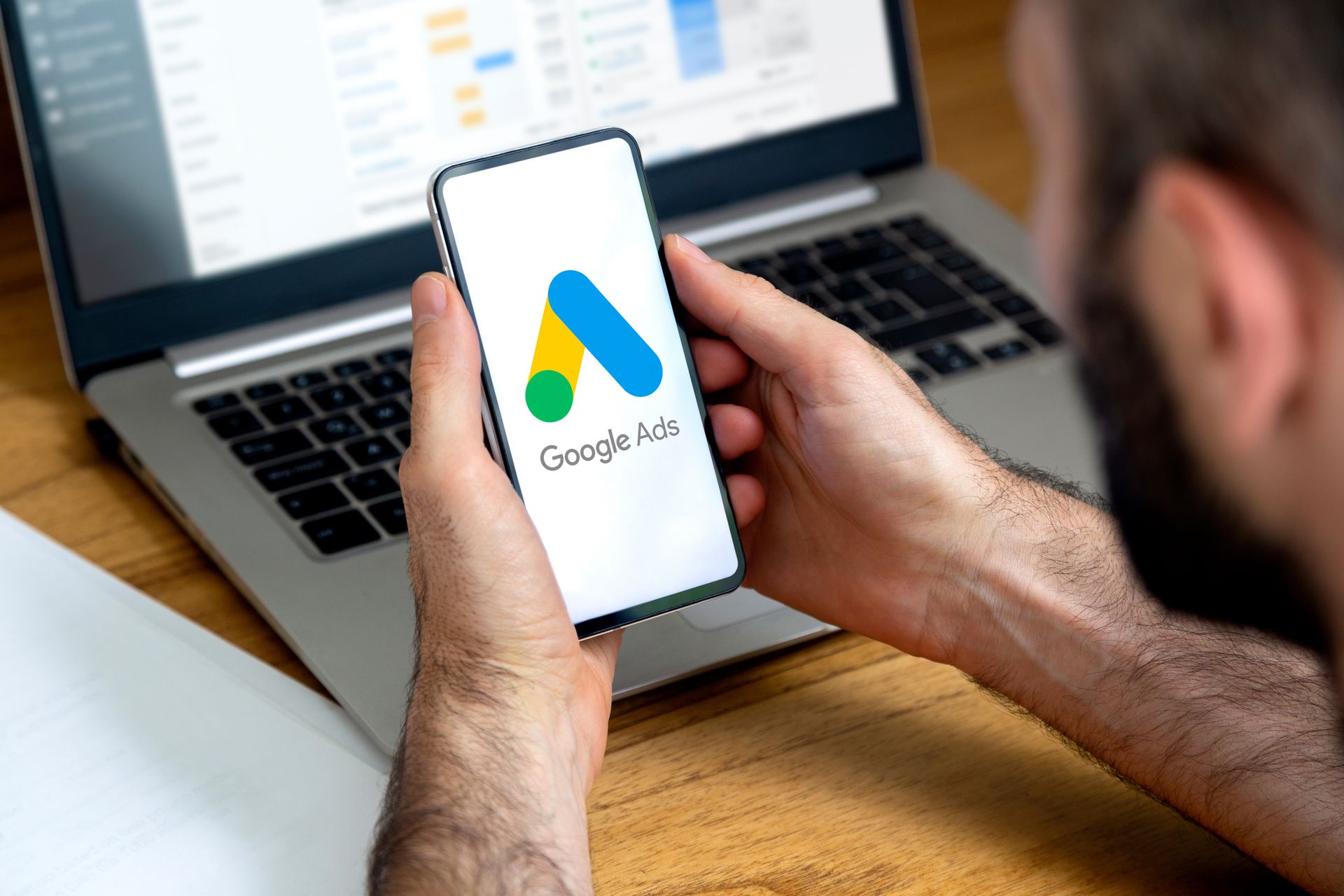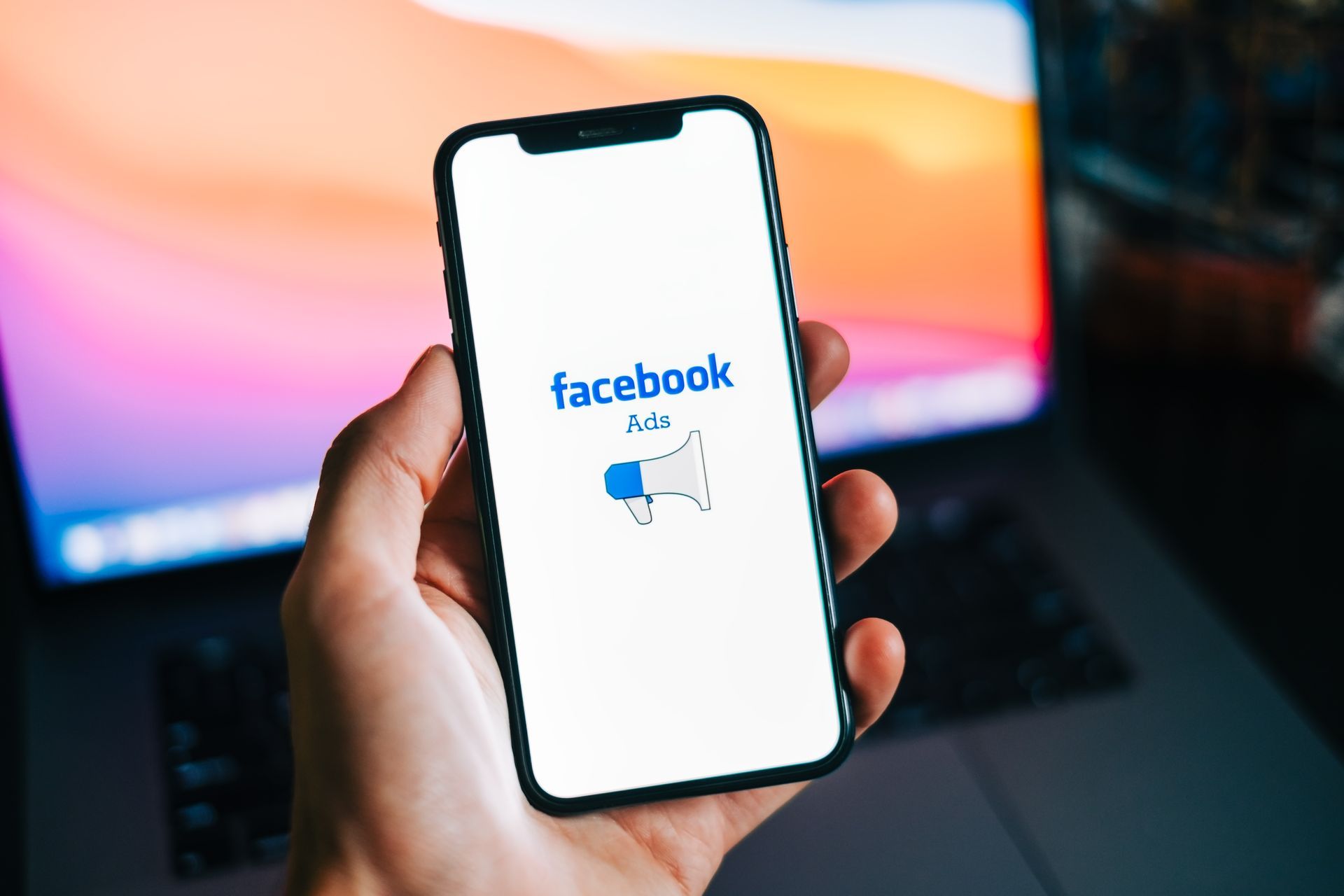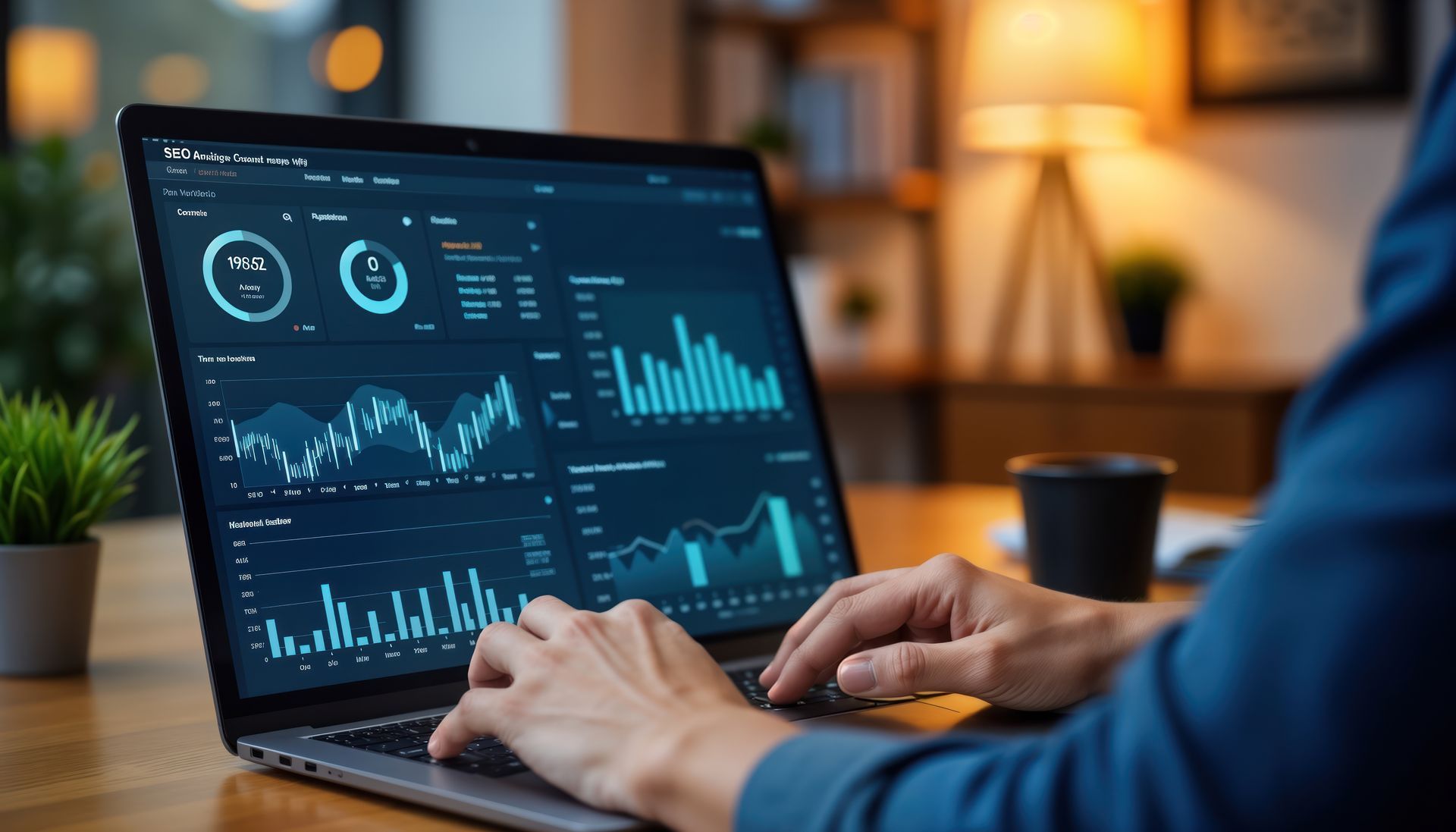Facebook Ads vs. Google Ads: Which is the Ultimate Advertising Platform for Your Business?
Facebook Ads vs. Google Ads: Which is the Ultimate Advertising Platform for Your Business?
In the battle for online advertising supremacy, two giants stand tall: Facebook Ads and Google Ads. Both platforms offer unique benefits and have loyal followings, but which one is the ultimate advertising platform for your business?
Facebook Ads, with its vast network of over 2.8 billion monthly active users, allows you to target specific demographics based on age, location, interests, and behaviour. It offers a variety of ad formats, including photo, video, carousel, and collections, making it perfect for businesses looking to showcase their products or services in a visually appealing way.
On the other hand, Google Ads dominates the search engine advertising space, reaching billions of users actively looking for products or services. With Google Ads, you can target keywords relevant to your business, display ads on search engine results pages, and even run video ads on YouTube.
Ultimately, the choice between Facebook Ads and Google Ads depends on your business goals and target audience. Do you want to reach users based on their interests and behaviour or target those actively searching for your offerings? By carefully considering your objectives and audience, you can determine the ultimate advertising platform for your business.
Differences between Facebook Ads and Google Ads
Facebook Ads and Google Ads are two of the most powerful digital advertising platforms available today. While they share some similarities, such as the ability to target specific audiences and measure the performance of your campaigns, they also have distinct differences that set them apart.
One of the primary differences between the two platforms is the way they reach their audiences. Facebook Ads leverage the social network's vast user base, allowing you to target users based on their interests, demographics, and behaviours. This makes Facebook Ads particularly effective for businesses that want to reach a specific target audience and engage with them on a more personal level.
In contrast, Google Ads focuses on reaching users who are actively searching for products or services related to your business. This means that your ads will be displayed to people who are already interested in what you have to offer, making them more likely to convert. Google Ads also offers a wider range of ad formats, including search ads, display ads, and video ads, giving you more flexibility in how you present your message to your audience.
Another key difference between the two platforms is the type of data they provide. Facebook Ads offers detailed demographic and behavioural insights about your audience, allowing you to fine-tune your targeting and messaging. Google Ads, on the other hand, provides more detailed performance data, such as click-through rates, conversion rates, and return on investment (ROI), which can be particularly useful for businesses focused on driving specific actions or sales.
Targeting options on Facebook Ads and Google Ads
One of the strengths of both Facebook Ads and Google Ads is their advanced targeting capabilities, which allow you to reach your ideal customers with precision.
With Facebook Ads, you can target users based on a wide range of criteria, including age, location, interests, behaviours, and even life events. This allows you to create highly targeted campaigns that speak directly to the needs and interests of your audience. For example, you could target users who have recently gotten engaged or are interested in fitness and healthy living.
Google Ads, on the other hand, allows you to target users based on their search queries and browsing behaviour. This means that you can display your ads to people who are actively searching for products or services related to your business. You can also target users based on their location, device, and demographic information, as well as their interests and past browsing history.
One unique feature of Facebook Ads is the ability to create custom audiences based on your existing customer data, such as email lists or website visitors. This allows you to reach your most engaged and valuable customers, as well as similar audiences that are likely to be interested in your products or services. Google Ads also offers similar audience targeting options, such as remarketing lists and customer match, which can be equally effective in reaching your target audience.
Ultimately, the choice between Facebook Ads and Google Ads will depend on your business goals and the specific needs of your target audience. By understanding the unique targeting capabilities of each platform, you can create more effective and engaging advertising campaigns that drive real results for your business.

Conclusion: Making the decision between Facebook Ads and Google Ads
In the ever-evolving world of digital advertising, the choice between Facebook Ads and Google Ads can be a challenging one. Both platforms offer unique benefits and capabilities, and the ultimate decision will depend on your business goals, target audience, and advertising budget.
If your primary objective is to build brand awareness and engage with a highly targeted audience, Facebook Ads may be the better choice. With its advanced targeting options and visually appealing ad formats, Facebook Ads can be highly effective in capturing the attention of your ideal customers and driving them to take action.
On the other hand, if your focus is on driving direct sales and conversions, Google Ads may be the more effective platform. By targeting users who are actively searching for products or services related to your business, Google Ads can be a powerful tool in guiding potential customers through the purchase funnel and achieving a higher return on your advertising investment.
However, the most successful advertising strategies often involve a combination of both Facebook Ads and Google Ads. By integrating the two platforms and leveraging the unique strengths of each, you can create a more comprehensive and effective digital advertising campaign that reaches your target audience at multiple touchpoints and drives the desired results for your business.
Ultimately, the decision between Facebook Ads and Google Ads should be based on a thorough understanding of your business goals, target audience, and the performance of your advertising campaigns. By carefully analysing the data, testing different strategies, and continuously optimising your approach, you can determine the ultimate advertising platform that will propel your business to new heights.














